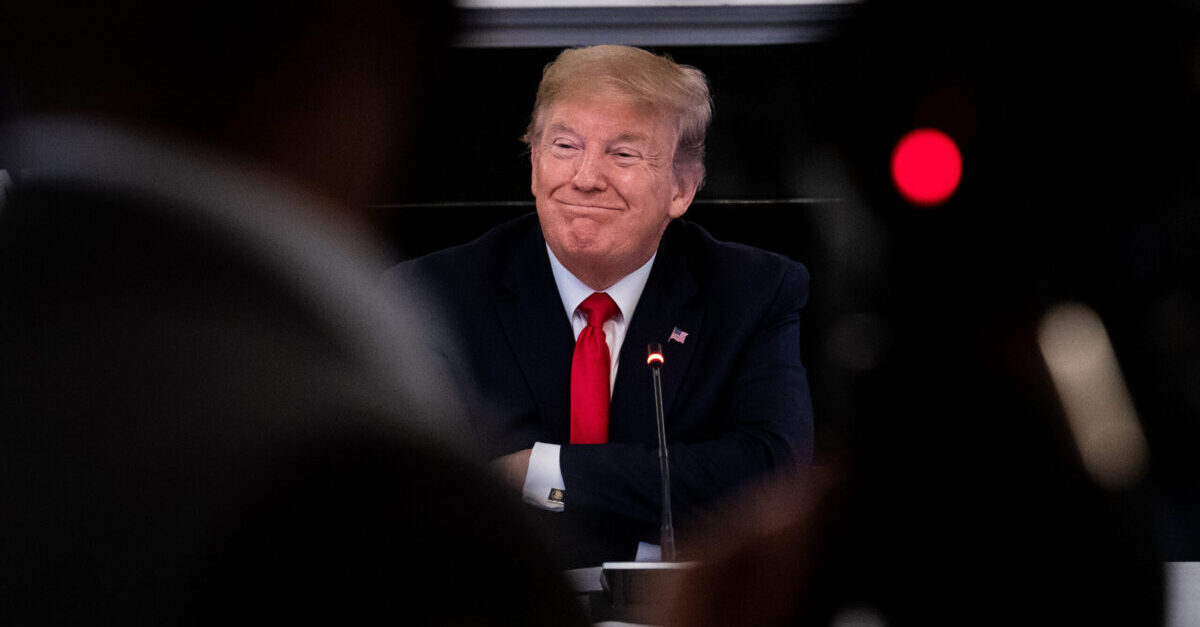
The U.S. Supreme Court on Tuesday declined to take up congressional Democrats’ lawsuit alleging that President Donald Trump has been violating the Emoluments Clause of the Constitution by personally profiting off of foreign governments without congressional consent. The high court’s refusal to rehear the case, letting stand a federal appellate court’s ruling which held that the members of Congress lacked standing to pursue their claim, handed President Trump a legal victory.
The denial means that Democrats failed to get at least four justices to agree to hear the case.
The nearly 250 year old Emoluments Clause is comprised of two separate sections of the U.S. Constitution: (1) the Title of Nobility Clause located at Article I, Section 9, Clause 8; and the Presidential Emoluments Clause located at Article II, Section 1, Clause 7–together collectively known as the Emoluments Clauses.
These clauses combined—though seldom invoked—state that “no person holding any office … shall, without the consent of Congress” accept gifts or benefits from foreign or domestic entities. It has generally been understood to prevent the U.S. presidents from making substantial profits from either foreign or domestic sources during their time in office if such profits are derived, directly or indirectly, as a result of their being president.
The lawsuit was initially filed by Democratic Sen. Richard Blumenthal of Connecticut in 2017, prior to the party taking control of the House of Representatives. Attorneys from the Department of Justice (DOJ) argued that without a majority in either chamber of Congress, the members of Congress could not challenge the president’s acceptance of foreign emoluments.
A federal district court initially ruled that the Democrats had standing to file the legal challenge, but that decision was later overturned in February by a three-judge panel on the U.S. Court of Appeals for the D.C. Circuit.
“The Members can, and likely will, continue to use their weighty voices to make their case to the American people, their colleagues in the Congress and the President himself, all of whom are free to engage that argument as they see fit. But we will not — indeed we cannot — participate in this debate,” the circuit court ruling stated.
The Supreme Court’s decision, however, does not mean the president’s emoluments issues are over. The Trump administration has asked the high court to rehear two other emoluments cases that have already been greenlit by circuit courts–one brought by the government watchdog group Citizens for Responsibility and Ethics in Washington (CREW), and another brought by the Attorneys General of Washington, D.C. and Maryland.
[image via Erin Schaff-Pool/Getty Images]